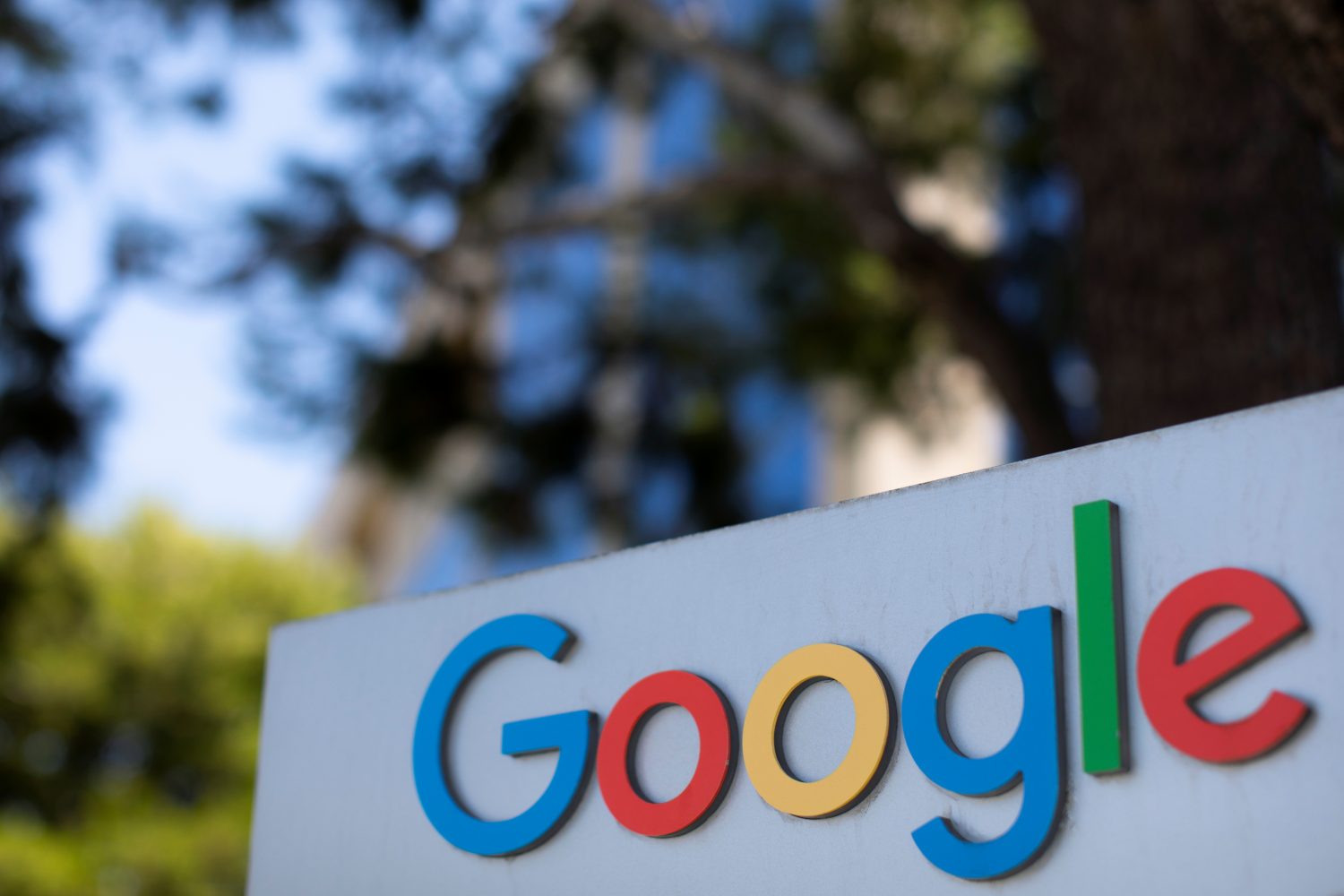In a saga that reads like a page out of an espionage thriller, the tech world has been set abuzz by the recent allegations against former Google engineer, Leon Ding, also known by his Chinese name, Linwei Ding. According to reports from the BBC, Ding finds himself in hot water, facing charges in California over accusations of stealing critical artificial intelligence (AI) secrets from the tech giant, Google.
This incident not only highlights the intense rivalry in the global AI race but also casts a spotlight on the growing concerns over intellectual property theft across international borders.

Google: A Stealthy Operation with Far-reaching Implications
The Deputy Attorney General of the United States, Lisa Monaco, was quoted saying that Ding had been covertly working with Chinese corporations, aiming to carve out a competitive edge in the fiercely contested domain of AI technology.
The allegations suggest that Ding appropriated over 500 confidential files that held Google’s trade secrets, a move that could potentially shift the balance in the technological tug-of-war between major powers.
This narrative took an even more dramatic turn with revelations about the specific nature of the stolen data. Central to the controversy are Google’s tensor processing unit (TPU) processors, the powerhouse behind many of Google’s AI capabilities.
These processors, in combination with Nvidia GPUs, are pivotal in training and deploying sophisticated AI models, like Gemini, marking a significant leap in computational technology.
The leakage of such sensitive information regarding hardware and software designs, particularly around Google’s data center operations and the specifications for its TPU processors, could have profound implications for the competitive landscape in AI and cloud computing.
Ex-Google engineer Linwei Ding, also known as Leon Ding, has been indicted for allegedly stealing trade secrets related to Google’s AI chip software and hardware. Ding faces 10 years in prison and a $250,000 fine on each theft count.#Google #AI #News #ITW
Image: @GettyImages pic.twitter.com/Y6Jj4rnm3u
— InsideTechWorld (@theITW) March 7, 2024
From Silicon Valley to Shanghai: The Engineer’s Ambitious Pivot
The chronology of events, as outlined in the indictment filed in San Francisco, paints a picture of an engineer who, while embedded in the innovative environment of Google’s supercomputing data centers, harbored grand ambitions.
Ding’s tenure at Google saw him deeply involved in developing software to facilitate AI and machine learning applications, a testament to his expertise and the trust placed in him by the tech behemoth.
However, the narrative takes a twist with Ding’s alleged endeavors in China, where he is said to have taken up the mantle of Chief Technology Officer for Beijing Rongshu Lianzhi Technology, a startup, while also founding Shanghai Zhisuan Technology.
These moves, coupled with his accused theft of Google’s proprietary data, raise questions about the porous nature of corporate and national boundaries in the digital age and the complex dynamics of technology transfer across these divides.

The Broader Canvas: US-China Technological Rivalry
This incident cannot be viewed in isolation but is instead a microcosm of the larger techno-strategic competition between the United States and China.
With the establishment of the Disruptive Technology Strike Force by the Justice Department, the U.S. signals its commitment to guarding against the illicit transfer of its advanced technologies. This case, therefore, is emblematic of the broader US-China tech war, reminiscent of Cold War rivalries but played out on the digital and technological frontiers of the 21st century.
Artificial intelligence stands at the heart of this confrontation, recognized by both superpowers as a key driver of future economic and military supremacy. The alleged actions of Leon Ding underscore the high stakes involved in maintaining a lead in this critical field, highlighting the lengths to which individuals and nations may go to secure a technological advantage.
As this story unfolds, it serves as a stark reminder of the intertwined fates of innovation, security, and international diplomacy in the digital era. The implications of this case extend far beyond the courtrooms of California, resonating through the corridors of power in Washington and Beijing, and indeed, across the global tech landscape.


